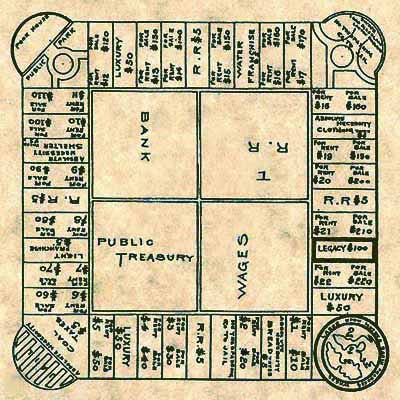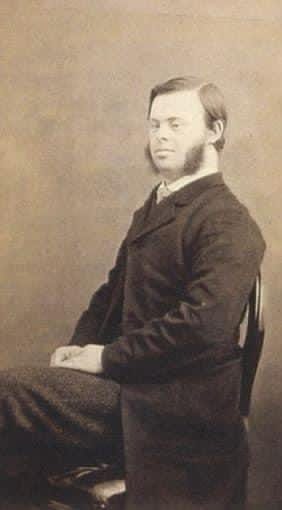Summer Edition #6 - What everyone needs
Summer Edition #6
Monopoly
I grew up playing this game and I’ve got to say I never liked it. Why?
Think about the premise: you can only win by bankrupting everyone else. But, the game didn’t start this way. Its inventor, back in 1904 was a Washington feminist, artist and poet, Lizzie Magie. And, her name for the game was “The Landlord’s Game”.
You could choose to play either of two versions of the rules. The “monopolist” rules you know well. The “anti-monopolist” version was designed to show how an economy that rewards wealth shared amongst individuals is better than one where wealth is held by a few. That version of the game ended when the poorest player doubled their starting economic position. Magie’s aim was to show people how rents enrich landlords and impoverish tenants and it was her form of social activism in response to the early 20th-century practices of land grabbing and packing people into tenement slums.
Parker Brothers bought the game from Magie in the 1930s for $500 and they removed the ‘anti-monopolist’ version, leaving only the version we know today. And, you could say it’s become a monopoly of its own, by selling 275 million copies and printing 3 trillion dollars of “monopoly money” to date.
Question: In your organisation, what strategic ideas get pruned, or even perverted, when one set of interests prevail?
Equality
While I’m on my soapbox, allow me to talk about a book I read in 2024 and enjoyed tremendously. Thomas Picketty’s “A Brief History of Equality” is 244 pages of jam-packed insight. Both his earlier tomes are on my bookshelves (unread: their 1000-plus pages each defeated me). This is brilliant and highly recommended to anyone who wants to understand not just how, but why, we’ve become more equal over time.
Picketty’s major point is that the march towards equality, in Western countries, has stalled. Back in the 1980s in fact. That’s when equality peaked (the richest 10% in the USA generated “only” 35% of all income in 1980; today it’s close to 50%; in Europe, the numbers were 26% in 1980 and 38% in 2020).
But, why does equality matter?
Let me quote Picketty: “The idea that there might be only winners is a dangerous and anaesthetising illusion that must be abandoned immediately”.
Like Monopoly, any economic system that is, effectively, a zero-sum game (“What I gain, you lost”) is destined to political failure (upheaval by those disenfranchised), environmental catastrophe (because of disproportionate resource use) and censorship (because of dominant media systems that can be bought by commercial interests).
Question: In your organisation, how do you build a base of equality while incentivising merit?
Down
Last week I mentioned my first job out of university (with Andersen Consulting). My second job, making slightly better use of my psych degree, was finding jobs for people with intellectual disabilities.
Most of them worked in a ‘sheltered workshop’ (where they earned $33 a week) and my mission was to find people who could work in ‘open employment’, that is, in a regular job, where they stood a chance to earn ten times as much.
At least a dozen of the people I found work for in my first months were people with Down Syndrome. The British physician John Down identified the condition in 1866 and was infuriated by how people with disabilities were treated: fed poorly, clothed dirtily, treated demeaningly, and left to stagnate.
Instead, he bought a mansion, which he set up along the lines of the best private schooling: people there were taught art, horse riding, and gardening. And, Down dressed them cleanly, and well. In fact, his photographic archives contain pictures like this one, beautiful portraits of people posing in flattering ways, showing their best selves.
Question: How do you enable people in your organisation to show themselves in their best possible way?
I really appreciate all the people who simply click the ‘heart’ to say they’ve enjoyed this week’s 5MSM. I also enjoy hearing from you, either directly here, or via email or LinkedIn, so drop me a line.
And, of course, you can share 5MSM with others if you know people who might enjoy reading.
In the meantime, look around you for signs of equality (and its opposite) and I look forward to being with you next Friday.
Andrew




Hi Andrew
Happy 2025!
Who would of thought monopoly was a game with positive intentions!
High time someone published a version of anti-Monopoly! Monopoly is a distinctly unpleasant game.